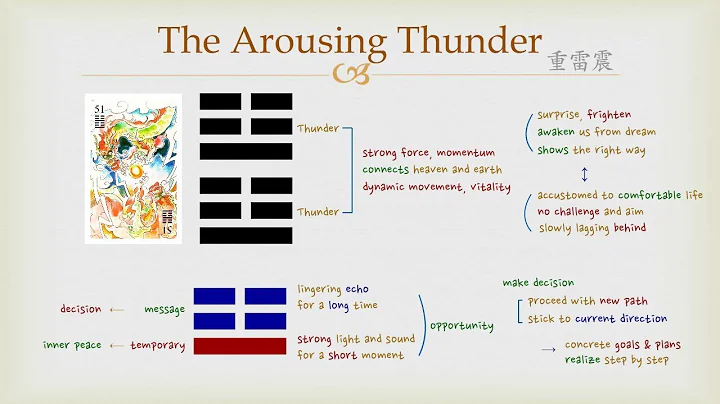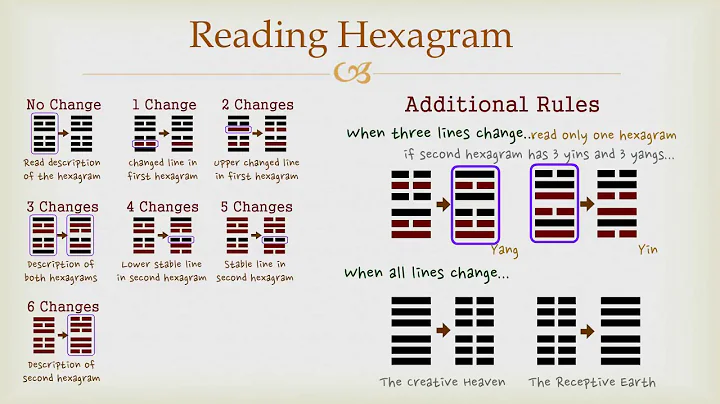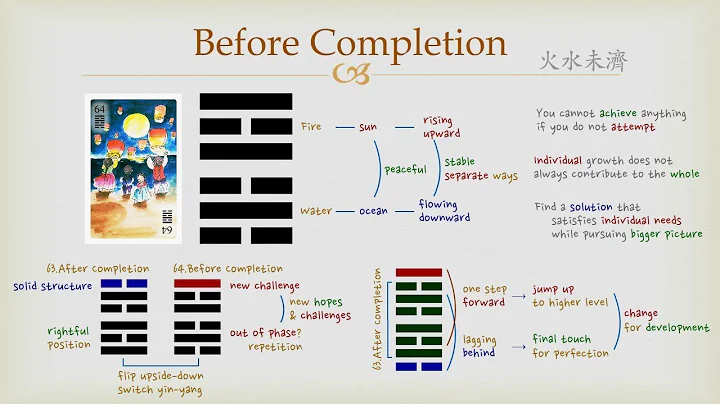" Zhouyi " The hexagram image of the twelfth hexagram is Shang Qian and Xia Kun.
不 pǐ is synonymous with the "No" in "No Zang Ji" on the sixth day of the Shi Gua, which means trouble.
The stem of the upper hexagram is the circle, and the kun of the lower hexagram is the city. When combined, it looks like the city is under siege, so the hexagram is called Bu.



The upper hexagram Qian is for health, and the lower hexagram Kun is for the people. It can be seen that although the city is trapped, the people are still strong and strong, so the hexagram says "no bandits". The stem in the upper hexagram is a gentleman, and the Kun in the lower hexagram is Tibetan, so the words of the hexagram are "unfavorable to the chastity of a gentleman". The upper hexagram Qian is a big person, and the lower hexagram Kun is a small person, so the hexagram says "big to small to come".
The lower hexagram Kun is soft for the crowd, and the lower hexagram Gen is the hand, so the first six words are "pulling out the grass". The lower hexagram Kun is for appearance and for the public, so it is said that "Ru will gather it". Kun is Shun, so it is "Zhen Ji". Kun is also a cauldron, so it is called "Heng" (cooking).
The lower hexagram Kun is the capacity and the cauldron, so the sixty-two words are "Bao Cheng" ("Cheng" is connected with the 耀zhēng, the zu that has contained the body of the animal). Kun is a common people and obedient, so he says "little people are lucky". The stem of the upper hexagram is the adult, and the hexagram Kun of the lower hexagram is the treasure, so it is said "no, the adult". Kun is also a cauldron, so it is called "Heng".
The lower hexagram Kun is the cauldron, and the lower hexagram Gen is the genus of Guizhou Beak, so the sixth and third words are "Bao Sha" (馐). On
, the hexagram Xun is the destiny, so Jiu Si says "you have destiny". The upper stem of the hexagram is Tian, which is the first test, and the lower hexagram Gen is the hexagram Gen, which is extended to Zhi (where the god is located); the upper hexagram Xun is the entry: hence the saying "Chou Li Zhi". On
, the hexagram Xun of each other is fruitless, so the ninety-five words are "stop or not". The stem of the upper hexagram is the adult, and the hexagram Xun on the upper hexagram is the destiny. The adult can declare the destiny, so it is "good luck to the adult". In the morning, Gua Xun is the wind, and it looks like the wind and runs away, so it is said that "it will perish". The upper hexagram Xun is also a rope, a height, and a tree, so it is said to be "tied to the bud mulberry".
The stem of the upper hexagram is a circle, which means rotation, so the upper nine words "pour or not". If you don't like it, you will be happy, so it is said that "if you don't like it first, you will be happy later".
Follow me and you can read the analysis of the scriptures and the sharing of other hexagrams, giving you a brand new world of the Book of Changes!





















